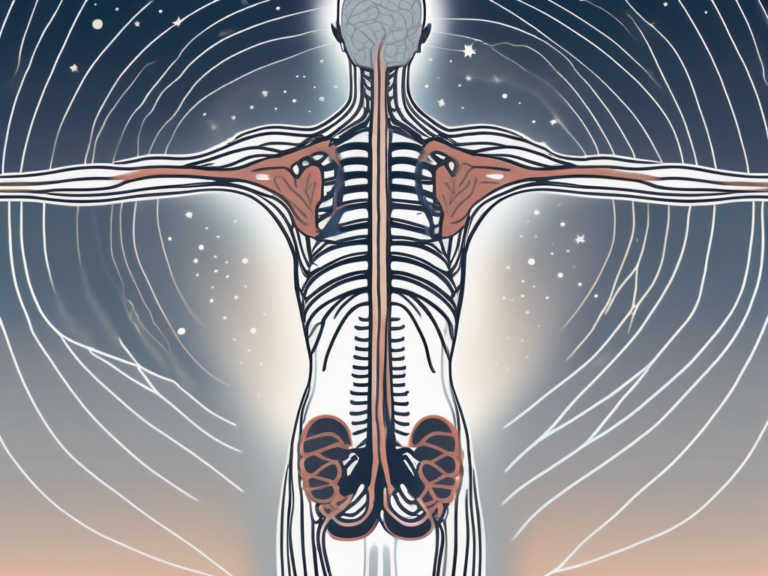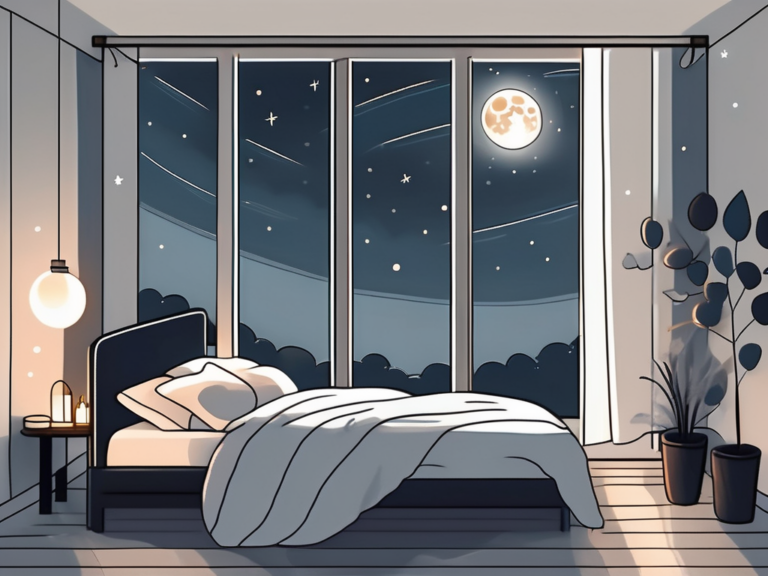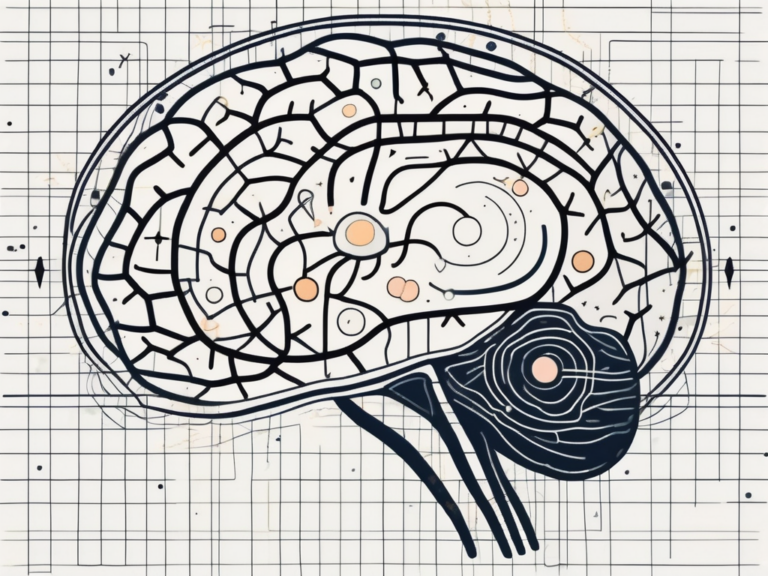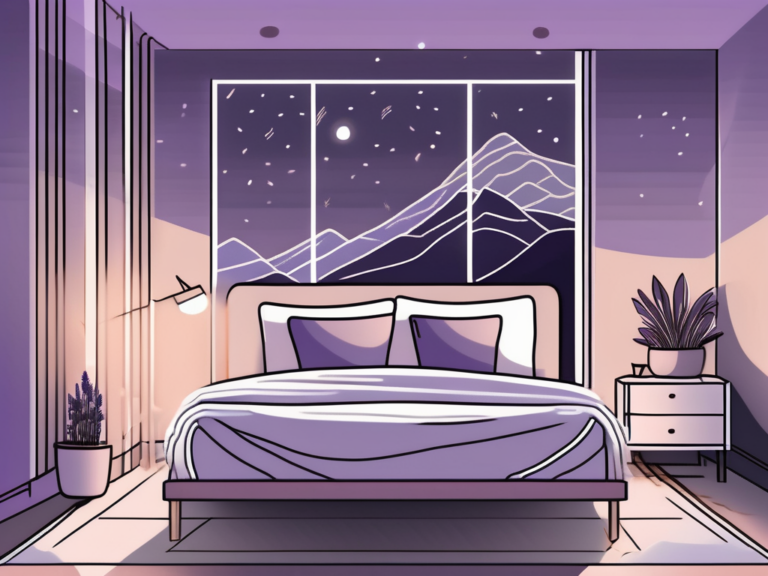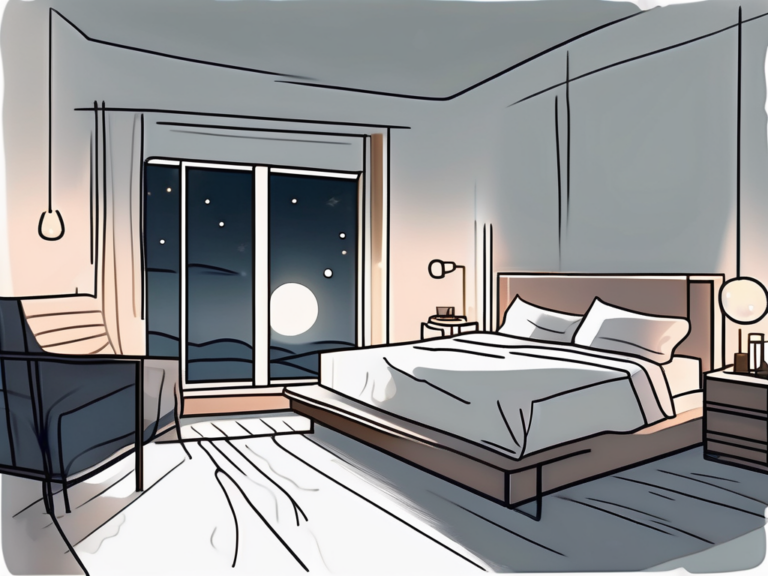How to Sleep Quickly: Tips for Falling Asleep Faster
Having trouble falling asleep quickly? You’re not alone. Many people struggle to unwind and find themselves tossing and turning as they try to drift into dreamland. However, getting enough quality sleep is essential for our overall well-being. In this article, we will explore various tips and techniques to help you fall asleep faster so you can wake up feeling refreshed and rejuvenated.
Understanding the Importance of Sleep
Sleep is not merely a period of rest; it plays a vital role in our physical and mental health. When we sleep, our body repairs itself, and our brain processes and consolidates information from the day. The quality and quantity of sleep we get directly impact our cognitive function, mood, and overall productivity. Without enough sleep, we may experience difficulty concentrating, increased irritability, and even compromised immune function.
The Science Behind Sleep
Sleep is a complex process regulated by our internal body clock, also known as the circadian rhythm. This rhythm dictates when we feel sleepy and when we feel awake. It is influenced by factors such as light exposure, melatonin levels, and our daily routine. Understanding this science can help us make informed decisions about our sleep habits and create an environment conducive to falling asleep quickly.
Why Quality Sleep Matters
Quality sleep is characterized by a sufficient duration of uninterrupted sleep and the right balance of different sleep stages. During deep sleep, our body repairs tissues, boosts the immune system, and helps retain memories. Rapid Eye Movement (REM) sleep, on the other hand, is essential for cognitive processes, learning, and emotional regulation. By prioritizing quality sleep, we can enhance our overall well-being and ensure we wake up feeling refreshed.
Now, let’s delve deeper into the fascinating world of sleep and explore some interesting facts. Did you know that during sleep, our brain goes through various stages, each serving a unique purpose? One of these stages is called slow-wave sleep, also known as deep sleep. During this stage, our brain waves slow down, and our body enters a state of profound rest. It is during deep sleep that our body releases growth hormone, which is essential for tissue repair and regeneration. So, the next time you find yourself craving a good night’s sleep, remember that it’s not just about feeling rested; it’s about giving your body the opportunity to heal and rejuvenate.
Another intriguing aspect of sleep is dreaming. Dreams occur during the REM sleep stage, where our brain activity becomes more active, resembling the patterns of wakefulness. This stage is characterized by rapid eye movements and vivid dreams. While the exact purpose of dreaming is still a subject of scientific debate, researchers believe that it may play a role in memory consolidation and emotional processing. So, the next time you wake up from a dream, take a moment to reflect on the fascinating world your brain created while you were asleep.
Common Barriers to Falling Asleep Quickly
Several factors can hinder our ability to fall asleep quickly. By identifying and addressing these barriers, we can improve our sleep hygiene and enhance the chances of drifting off to sleep more effortlessly.
Stress and Anxiety
Stress and anxiety can make it difficult to quiet the mind and relax before bedtime. Daily challenges, worries, and unresolved emotions can linger in our thoughts, making it challenging to unwind. Engaging in relaxation techniques, such as deep breathing exercises or mindfulness meditation, can help calm the mind and alleviate stress.
It’s important to note that stress and anxiety not only affect our mental well-being but can also have physical manifestations that hinder our ability to fall asleep. When we are stressed or anxious, our bodies release stress hormones like cortisol, which can increase our heart rate and make it harder to relax. By incorporating stress management techniques into our daily routine, we can help regulate our body’s stress response and promote a more restful sleep.
Poor Sleep Environment
The environment in which we sleep can significantly impact our ability to fall asleep quickly. Factors such as excessive noise, uncomfortable bedding, or an unsupportive mattress can interfere with our sleep quality. Creating a comfortable and conducive sleep environment by minimizing noise, investing in high-quality bedding, and ensuring optimal room temperature can make a notable difference in our sleep quality.
Additionally, the presence of electronic devices in our sleep environment can also hinder our ability to fall asleep quickly. The blue light emitted by screens can suppress the production of melatonin, a hormone that regulates sleep. To create a sleep-friendly environment, it is advisable to limit screen time before bed and keep electronic devices away from the bedroom.
Unhealthy Lifestyle Habits
Unhealthy lifestyle habits, such as consuming stimulating substances close to bedtime, can disrupt our sleep patterns. Caffeine, nicotine, and alcohol can interfere with the body’s natural sleep-wake cycle, making it harder to fall asleep quickly. It is advisable to limit consumption of these substances, especially in the evening, to improve sleep quality.
In addition to avoiding stimulating substances, establishing a consistent sleep schedule can also contribute to falling asleep more quickly. Our bodies thrive on routine, and having a regular sleep-wake schedule can help regulate our internal clock, making it easier to fall asleep and wake up at the desired times. By prioritizing a consistent sleep schedule, we can train our bodies to recognize when it’s time to wind down and prepare for sleep.
Techniques for Falling Asleep Faster
Are you tired of tossing and turning in bed, desperately trying to fall asleep? Well, fret no more! We have some incredible techniques that can help you relax and drift off into dreamland faster than ever before. Incorporating these practices into your bedtime routine can signal your body and mind that it is time to unwind and prepare for sleep.
Now, let’s dive into the wonderful world of relaxation techniques. One method that has proven to be highly effective is progressive muscle relaxation. This technique involves systematically tensing and then relaxing different muscle groups, starting from the toes and moving up to the head. By doing so, you can release tension from your body and promote physical and mental relaxation. It’s like giving your muscles a soothing massage, but without the hefty price tag!
But wait, there’s more! Another fantastic technique to help you fall asleep faster is deep breathing exercises. Picture this: you lying in bed, taking slow, deep breaths that fill your lungs with pure relaxation. Ah, can you feel the stress melting away already? This type of breathing, known as diaphragmatic breathing, activates the body’s natural relaxation response. By focusing on your breath and inhaling and exhaling at a leisurely pace, you can reduce stress and promote a state of calm that facilitates falling asleep. It’s like giving your mind a mini vacation!
Now, let’s explore the power of visualization. Close your eyes and imagine yourself in a serene beach paradise, with the sound of gentle waves lapping against the shore and a warm breeze caressing your skin. Or perhaps you prefer a tranquil garden, surrounded by vibrant flowers and the melodic chirping of birds. By conjuring up these peaceful and calming scenes in your mind, you can divert your attention from racing thoughts and induce a sense of relaxation that aids in falling asleep faster. It’s like creating your own personal bedtime story!
So there you have it, a treasure trove of techniques to help you fall asleep faster. Remember, consistency is key. Incorporate these practices into your bedtime routine, and soon enough, you’ll be drifting off into dreamland with ease. Sleep tight!
Creating an Ideal Sleep Environment
A sleep-conducive environment can greatly influence your ability to fall asleep quickly and enjoy quality rest throughout the night. Consider these factors to optimize your sleep surroundings.
The Role of Light and Temperature
Exposure to light, particularly blue light emitted by electronic devices, can interfere with your body’s production of melatonin, the hormone that regulates sleep. Minimize exposure to electronic screens before bed and ensure that your sleep environment is dimly lit. Additionally, maintaining a cool and comfortable room temperature can promote restful sleep.
When it comes to light, it’s not just the blue light from screens that can disrupt your sleep. Even small amounts of light from street lamps or electronic devices can affect your melatonin levels. Consider investing in blackout curtains or using an eye mask to create a completely dark sleep environment. This can help signal to your body that it’s time to sleep and enhance the quality of your rest.
As for temperature, finding the right balance is key. A room that is too hot or too cold can make it difficult to fall asleep or stay asleep throughout the night. Experts recommend keeping your bedroom between 60 and 67 degrees Fahrenheit (15 to 19 degrees Celsius) for optimal sleep. Experiment with different bedding materials and layering options to find what works best for you in maintaining a comfortable temperature.
Choosing the Right Bedding
Your choice of bedding can greatly impact your sleep experience. Invest in a comfortable mattress and pillows that provide adequate support for your body. Additionally, choosing breathable materials for your sheets and blankets can help regulate your body temperature throughout the night, promoting uninterrupted sleep.
When it comes to mattresses, there are various options available, including memory foam, innerspring, and hybrid mattresses. Each type has its own unique features and benefits, so take the time to research and test different options to find the one that suits your preferences and needs. Remember, a good mattress can make all the difference in achieving a restful night’s sleep.
Furthermore, consider the importance of pillows in supporting your head and neck. Finding the right pillow that aligns your spine and provides adequate support can help prevent neck pain and discomfort, allowing you to wake up feeling refreshed and rejuvenated.
Noise Control and Soundscapes
Noise can be a significant barrier to falling asleep quickly. Consider using earplugs, a white noise machine, or calming soundscapes to mask disruptive noises and create a peaceful sleep environment. Some people find sounds such as rainfall or gentle waves soothing and conducive to sleep.
If you live in a noisy environment or have trouble blocking out external sounds, investing in a white noise machine can be a game-changer. These devices emit a consistent sound that helps drown out other noises, allowing you to drift off to sleep more easily. Alternatively, you can try using a smartphone app that offers a variety of calming sounds and nature-inspired soundscapes to create a serene atmosphere in your bedroom.
Remember, achieving an ideal sleep environment is a personal journey. Experiment with different strategies and adjust your sleep surroundings to find what works best for you. By prioritizing a sleep-conducive environment, you can set the stage for restful nights and wake up feeling refreshed and ready to take on the day.
Lifestyle Changes to Promote Better Sleep
Establishing healthy lifestyle habits is crucial for improving sleep quality and falling asleep faster. Consider incorporating the following practices into your daily routine:
Getting a good night’s sleep is not just about the number of hours you spend in bed, but also about the quality of sleep you get. To enhance your sleep, it is important to pay attention to your diet and exercise habits. Maintaining a balanced diet and avoiding heavy meals close to bedtime can help prevent discomfort and indigestion that may disrupt your sleep. Regular exercise can also improve sleep quality, but it is best to avoid vigorous physical activity within a few hours of going to bed, as it can increase alertness and make it harder to wind down.
In addition to diet and exercise, it is essential to be mindful of your intake of caffeine and nicotine. These substances can interfere with your sleep by stimulating your nervous system and making it harder to relax. Limiting your consumption of caffeine and avoiding nicotine altogether, especially close to bedtime, can greatly improve your ability to fall asleep quickly and enjoy a restful night.
Another factor that can significantly impact your sleep is the use of electronic devices before bed. The blue light emitted by screens can suppress the production of melatonin, a hormone that helps regulate sleep-wake cycles. This disruption to your natural sleep-wake cycle can make it difficult to fall asleep and stay asleep throughout the night. To combat this, consider establishing a “digital curfew” by turning off screens at least an hour before bedtime. Instead of scrolling through your phone or watching TV, engage in relaxing activities such as reading a book, taking a warm bath, or practicing relaxation techniques like deep breathing or meditation.
Lastly, establishing a consistent sleep schedule can do wonders for your sleep quality. Our bodies have an internal clock, known as the circadian rhythm, that regulates our sleep-wake cycle. Going to bed and waking up at the same time every day, even on weekends, helps to regulate this internal clock and optimize your sleep. By sticking to a consistent sleep schedule, you train your body to recognize when it’s time to wind down and when it’s time to wake up, making it easier to fall asleep quickly and wake up feeling refreshed.
By incorporating these lifestyle changes into your daily routine, you can promote better sleep and improve your overall well-being. Remember, quality sleep is essential for your physical and mental health, so prioritize your sleep just as you would any other aspect of your lifestyle.
When to Seek Professional Help
In some cases, falling asleep quickly may be a persistent challenge that requires professional assistance. Be mindful of the following signs that indicate it may be time to consult a healthcare professional:
Recognizing Sleep Disorders
If you consistently struggle to fall asleep quickly despite implementing healthy sleep habits, you may have an underlying sleep disorder such as insomnia, sleep apnea, or restless legs syndrome. Recognizing the signs and symptoms of sleep disorders can help you seek appropriate treatment.
Consulting a Sleep Specialist
If you suspect a sleep disorder or have questions and concerns about your sleep patterns, consider consulting a sleep specialist or a healthcare professional with expertise in sleep medicine. They can provide guidance, perform a thorough evaluation, and recommend appropriate interventions to help you sleep better.
Medication and Sleep Therapy Options
In some cases, medication or sleep therapy may be necessary to address persistent sleep issues. However, these interventions should only be pursued under professional guidance to ensure their appropriateness and minimize potential side effects.
When it comes to sleep disorders, it’s important to understand that they can have a significant impact on your overall well-being. Insomnia, for example, can lead to daytime fatigue, difficulty concentrating, and even mood disturbances. Sleep apnea, on the other hand, can disrupt your breathing during sleep, potentially causing loud snoring, gasping for air, and frequent awakenings throughout the night.
Restless legs syndrome, characterized by an irresistible urge to move the legs, can also interfere with falling asleep quickly. This condition often causes uncomfortable sensations in the legs, such as tingling, itching, or a crawling sensation, which can make it challenging to relax and drift off into a peaceful slumber.
When you consult a sleep specialist or healthcare professional with expertise in sleep medicine, they will conduct a comprehensive evaluation to determine the underlying cause of your sleep difficulties. This may involve a detailed medical history, physical examination, and possibly even a sleep study, which can monitor your brain waves, heart rate, and breathing patterns while you sleep.
Based on the findings, the sleep specialist will then recommend appropriate interventions to help you sleep better. These interventions may include cognitive-behavioral therapy for insomnia (CBT-I), which focuses on changing negative thoughts and behaviors that contribute to sleep difficulties. Additionally, they may suggest the use of continuous positive airway pressure (CPAP) therapy for sleep apnea, or medications specifically targeted to treat restless legs syndrome.
It’s crucial to remember that self-diagnosis and self-medication are not recommended when it comes to sleep disorders. Only a qualified healthcare professional can accurately diagnose and treat these conditions, ensuring your safety and well-being. So, if you find yourself consistently struggling to fall asleep quickly, don’t hesitate to seek the help of a professional who can guide you towards a good night’s sleep.
Conclusion
Falling asleep quickly is not an elusive goal; it is attainable with the right knowledge and techniques. By understanding the importance of sleep, identifying common barriers, implementing relaxation techniques, creating an ideal sleep environment, adopting healthy lifestyle habits, and seeking professional help when needed, you can improve your sleep quality and wake up feeling rested and ready to take on the day.


